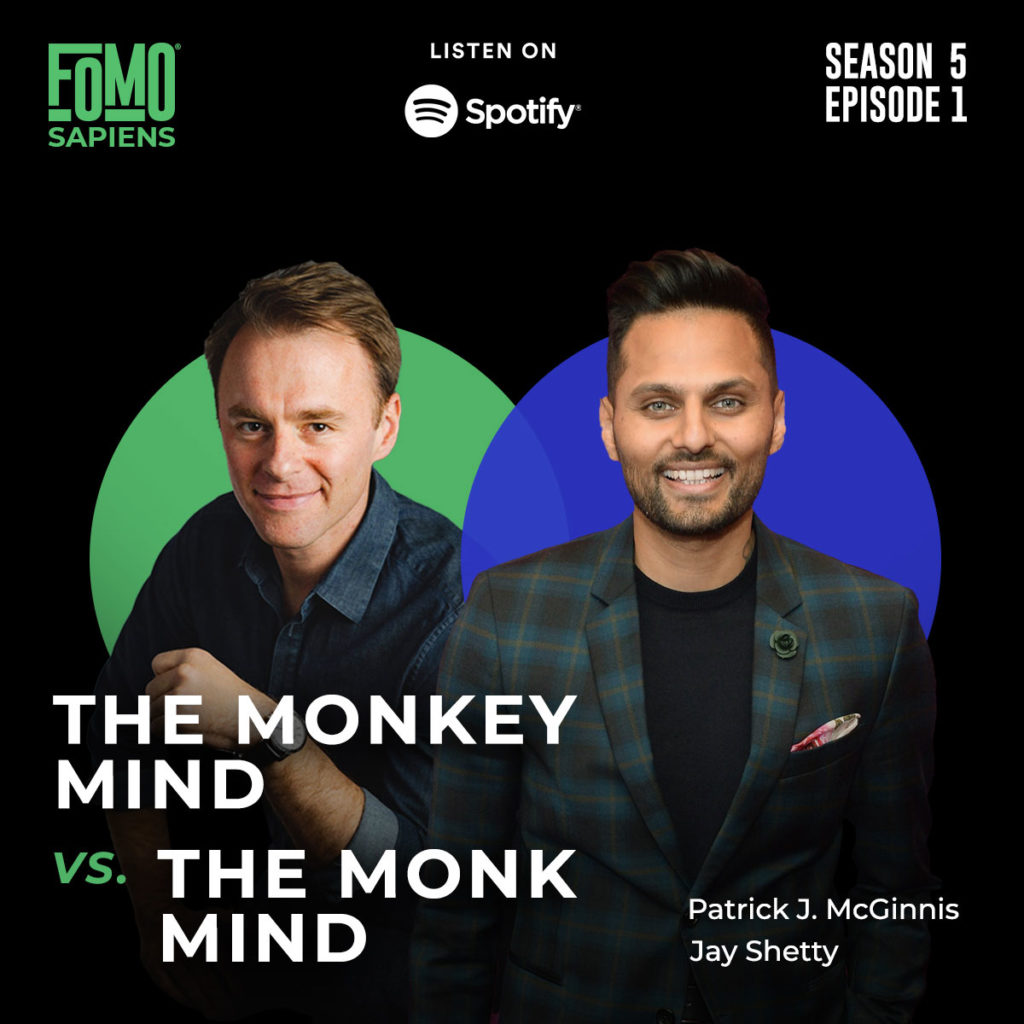Long before the pandemic, Jennifer Moss was researching an epidemic, Burnout. In her new book The Burnout Epidemic, Jennifer explains the six root causes of Burnout, how it can manifest in different personality types, and offers solutions to quell the beast of Burnout.
Relying on database insights, Moss explores the concepts of chronic stress, burnout, and happiness in terms of mental wellness. Moss argues that the onus for psychological fitness intervention falls on the employer to insure the emotional wellbeing and mental health of their employees. Moss shares management tools to help manage personal balance and professional boundaries.
Meet our guest:
Jennifer Moss is an award-winning journalist, international public speaker and author of The Burnout Epidemic: The Rise of Chronic Stress and How We Can Fix It. She is a nationally syndicated radio columnist, reporting on topics related to happiness and workplace well-being. She is also a freelance writer whose articles have appeared in HuffPost, Forbes, the Society of Human Resource Management (SHRM), Fortune, and Harvard Business Review. Her first book, Unlocking Happiness at Work, received the distinguished UK Business Book of the Year Award. Moss also sits on the Global Happiness Council. To acknowledge her contributions to business and public service, Moss was named a Canadian Innovator of the Year, an International Female Entrepreneur of the Year, and recipient of the Public Service Award from the Office of President Obama.
Moss is a workplace researcher, journalist, and consultant who frequently writes about burnout for Harvard Business Review (see her latest, Beyond Burned Out). She’s a great interview – recent clips from LinkedIn and Innovation Hub. In THE BURNOUT EPIDEMIC, Moss argues that it’s time to completely rethink burnout, and the first step is to face this inconvenient truth: burnout is not an individual problem; it’s a cultural problem that only organizations can solve. People are burning out at epidemic-level rates not because of personal failures to manage their stress, but because of the way leaders run the workplace. Corporate wellness tactics – like meditation apps, yoga, and vacation time – are nothing more than Band-Aids on a gaping wound, and in some cases, they actually make burnout worse. And emphasizing individual self-care not only unfairly blames the victim, but it ignores the systemic and institutional factors that lead to burnout – and which leaders can and must address. Moss draws on original research she conducted on burnout during the pandemic to present a paradigm-shifting and practical guide to understanding the true causes of burnout and how organizations can stop the chronic stress cycle that plagues workers.
For media and speaking requests, and to suggest a guest for the show, please email letsconnect@patrickmcginnis.com.
© Patrick J McGinnis 2016 – 2020. Privacy policy.
By submitting this form, you agree to our privacy policy and to be contacted by Patrick J. McGinnis. By entering your phone number, you agree that we can contact you by call or text message at the telephone number you have provided.

By submitting this form, you agree to our privacy policy and to be contacted by Patrick J. McGinnis. By entering your phone number, you agree that we can contact you by call or text message at the telephone number you have provided.